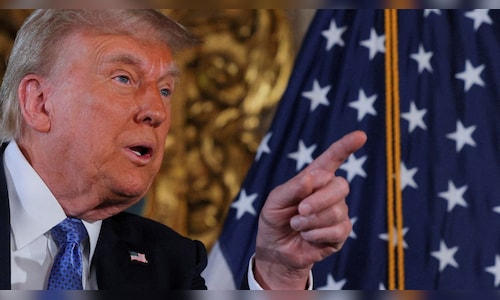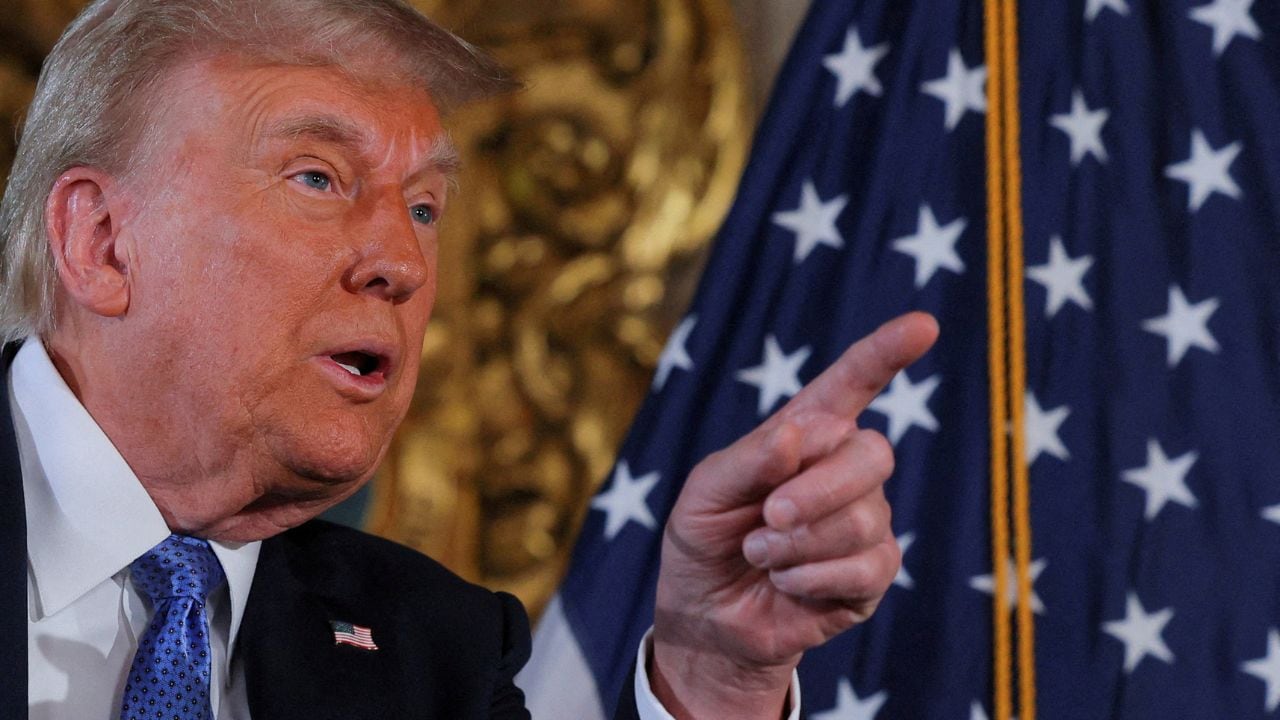

A Look Back: Trump’s Travel Bans
In January 2017, just days after taking office, Trump signed an executive order barring travel from seven predominantly Muslim-majority countries: Iran, Iraq, Libya, Somalia, Sudan, Syria, and Yemen. The order immediately triggered chaos at airports, with students, academics, and families detained or turned away upon arrival.
Over the course of his presidency, the ban was expanded to include other nations, including Nigeria, Myanmar, and Eritrea. At its peak, the restrictions impacted citizens from 15 countries, and more than 40,000 visa applications were denied. Though courts initially challenged the order, the US Supreme Court upheld a revised version in 2018.
President Joe Biden reversed the ban in 2021, but Trump has repeatedly vowed to reinstate and expand it if reelected. During a campaign event in October 2023, he pledged to block travel from Gaza, Syria, Yemen, and Somalia, framing it as a national security measure.
Universities Sound the Alarm
More than a dozen major universities, including Ivy League institutions like Harvard and Brown, have issued advisories to their international student bodies. The warnings are largely precautionary but carry an urgent tone, reflecting concerns over the unpredictability of Trump’s policies.
At Cornell University, administrators specifically warned students from the 13 nations previously targeted by Trump’s bans — and even those from India and China — to return to campus before January 20, citing a “likely” reinstatement of travel restrictions.
At the University of Southern California (USC), which hosts over 17,000 international students, officials advised students to return at least one week before Trump’s inauguration to preempt any disruptions from potential executive orders targeting visa processing.
Meanwhile, Northeastern University, home to one of the largest international student populations in the US, urged students to return by January 6, emphasising the need to minimise potential disruptions to academic schedules.
Other universities, including MIT, UMass Amherst, and Wesleyan University, have similarly issued advisories, encouraging students to avoid relying on social media rumours and instead make concrete travel plans well ahead of January 20.
The Stakes for International Students
According to Open Doors, a project funded in part by the US State Department, over 1.1 million international students were enrolled in American higher education institutions during the 2023–24 academic year. Students from India and China account for more than half of this number, while approximately 43,800 students come from the 15 countries impacted by Trump’s previous travel bans.
For students from affected countries, uncertainty remains a key concern. Travel bans and visa processing delays during Trump’s first term left thousands stranded outside the US, unable to resume their studies. Trump’s recent rhetoric suggests a return to similar measures, with potential expansions to include additional nations.
Adding to concerns are Trump’s promises of “ideological screening” for visa applicants and threats to revoke student visas for individuals participating in protests or activities he deems “anti-American” or “radical.”
The Broader Policy Picture
Trump’s immigration stance goes beyond travel bans. He has vowed to:
- Revoke student visas for those participating in protests deemed anti-American.
- Conduct mass deportations, which could indirectly impact international students.
- Eliminate “sensitive zones” that currently prevent federal immigration raids at schools and universities, as outlined in the Project 2025 blueprint developed by the Heritage Foundation.
On the flip side, Trump has also suggested granting automatic green cards to international students graduating from US universities — a policy that, if implemented, could pave the way for thousands of students to become permanent residents. However, the mixed signals leave students uncertain about the practical outcomes of these proposals.
What Should International Students Do?
Most universities agree on one thing: Act now, don’t wait.
- Plan your travel early: Return to the US well before January 20.
- Avoid relying on social media rumours: Follow official communication from your university.
- Prepare for delays: Immigration processing could slow down as January approaches.
- Keep documentation ready: Have proof of your enrollment, valid visas, and supporting academic documents accessible during travel.
The Road Ahead
While Trump’s exact plans for immigration policy remain undefined, the lessons from his first term have pushed universities to adopt a cautious stance. For international students, these next few months carry significant weight — not just for their academic futures but also for their ability to remain in the US.
Whether Trump delivers on his promises or moderates his approach, one thing is clear: international students are once again on uncertain ground, and the safest bet is to return before the political winds shift.



